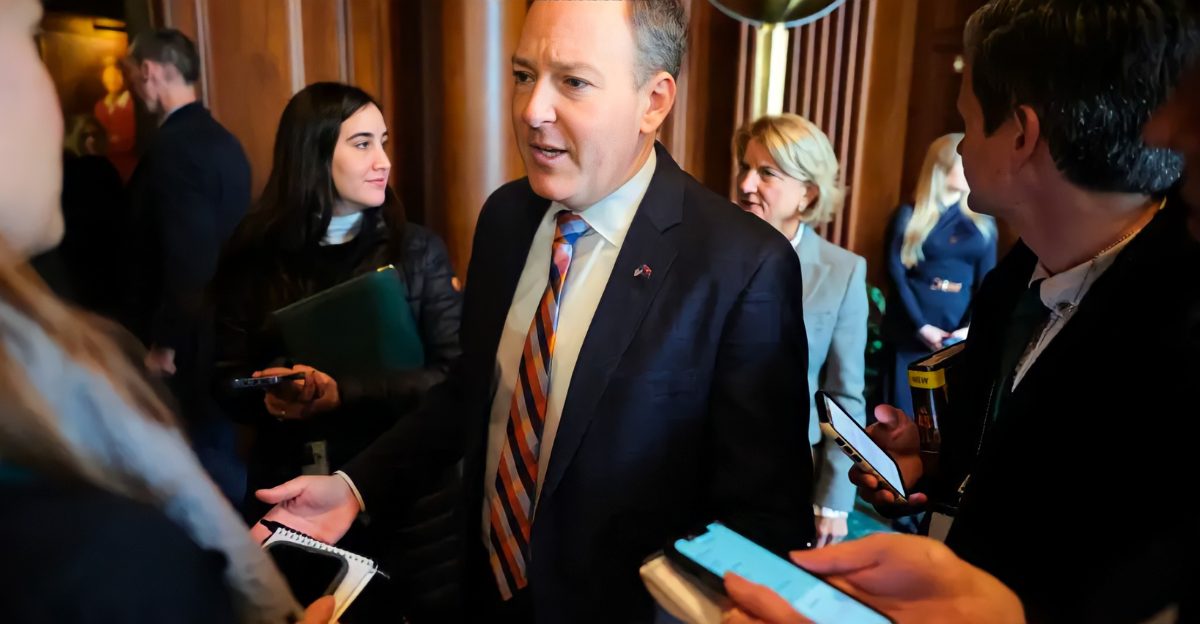
In June 2025, environmental nonprofits, cities and tribal governments filed a first-of-its-kind class-action lawsuit against the EPA after the agency abruptly canceled roughly $3 billion in climate and environmental justice grants. The 23 plaintiffs – community groups and local governments – had all won these awards under a Biden-era federal program. Altogether, roughly 350 groups nationwide saw the promised funding vanish overnight.
The cuts were ordered by EPA Administrator Lee Zeldin, who took office in early 2025 and immediately embarked on a sweeping deregulation agenda. Legal experts warn the case will test how far an administration can roll back climate programs explicitly funded by Congress.
Rollbacks and Deregulation
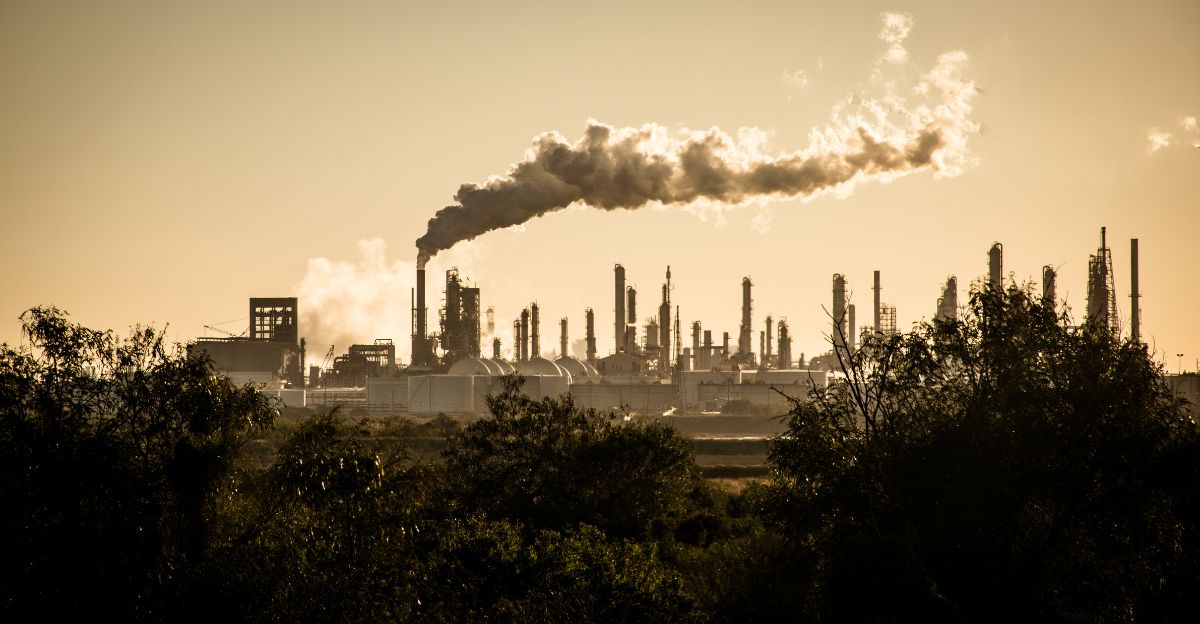
The funding cuts stem from a deliberate policy shift by the new administration. Within weeks of taking office, EPA Administrator Zeldin canceled a climate justice program created by the Inflation Reduction Act, terminating $3 billion Congress had earmarked for frontline communities. CBS News reports Zeldin described the move as part of “the greatest day of deregulation” in March 2025.
In fact, President Trump had signed an executive order on Day One directing agencies to eliminate such grants. Under the IRA, Congress explicitly authorized this $3B in funding, so critics say outright cancellation flatly violates the law.
Local Projects Grind to a Halt
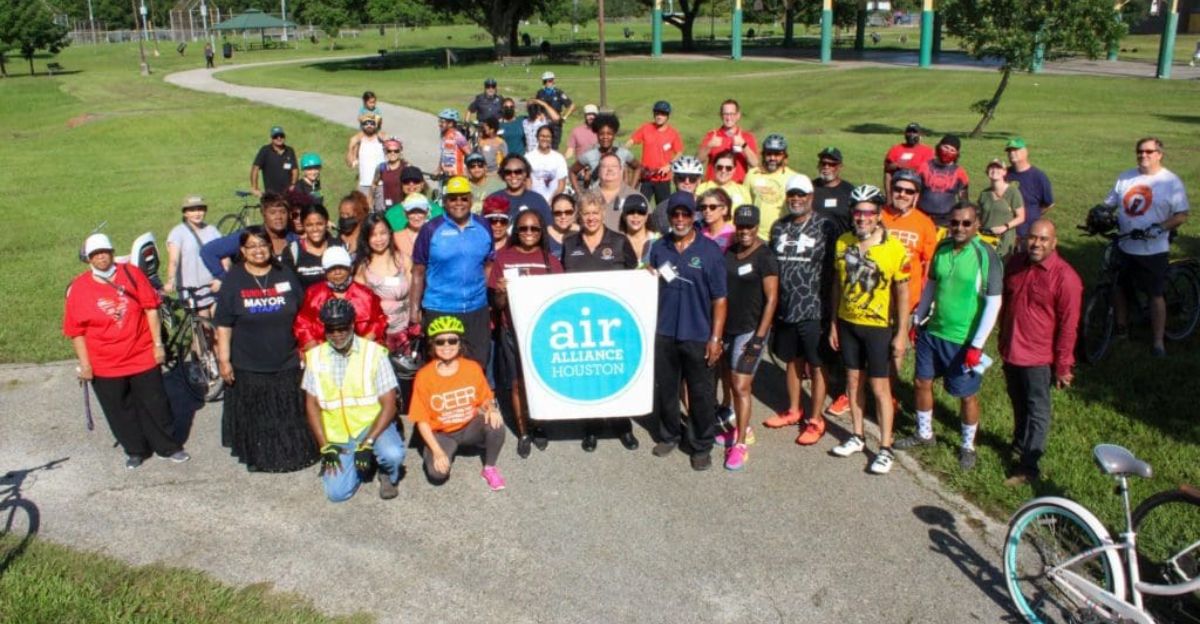
Across the country, the cuts have stalled vital local projects. In Texas, for example, Air Alliance Houston had just won a $3 million EPA grant to expand its “AirMail” air-pollution alert system that warns residents when nearby factories apply for permits. That planned expansion is now on hold due to the funding cancellation. Similarly, Fort Worth’s Downwinders at Risk had applied for a $1 million grant to place new air-quality monitors in nine local communities – money that may never arrive. Without these EPA grants, community-led initiatives like clean water upgrades, soil remediation and pollution monitoring are frozen.
Public Health and Environment at Risk

Analysts warn the funding cuts could worsen pollution and public health problems. Many of the canceled grants would have supported projects like expanded community air monitors, lead-pipe replacement, urban tree planting and flood mitigation in high-need areas. Lawyers for the plaintiffs note that ending these programs “threatens the ability of local governments to protect their people and the environment”.
Public health advocates point out that without federal support, disadvantaged neighborhoods risk even dirtier air and higher health-care or infrastructure costs down the line.
Nonprofits and States Scramble

With federal funds gone, states and nonprofits are racing to fill the gap. A few state governments have quietly committed budget money to cover some of the same projects in their jurisdictions. Environmental charities and foundations are also discussing emergency grants to help frontline programs keep running. However, these stop-gap efforts are unlikely to match the scale of the $3 billion loss. Many activists stress that ultimately Congress or the courts must restore the original funding or approve a comparable replacement if communities are to meet their environmental and public health needs.
National and Global Implications
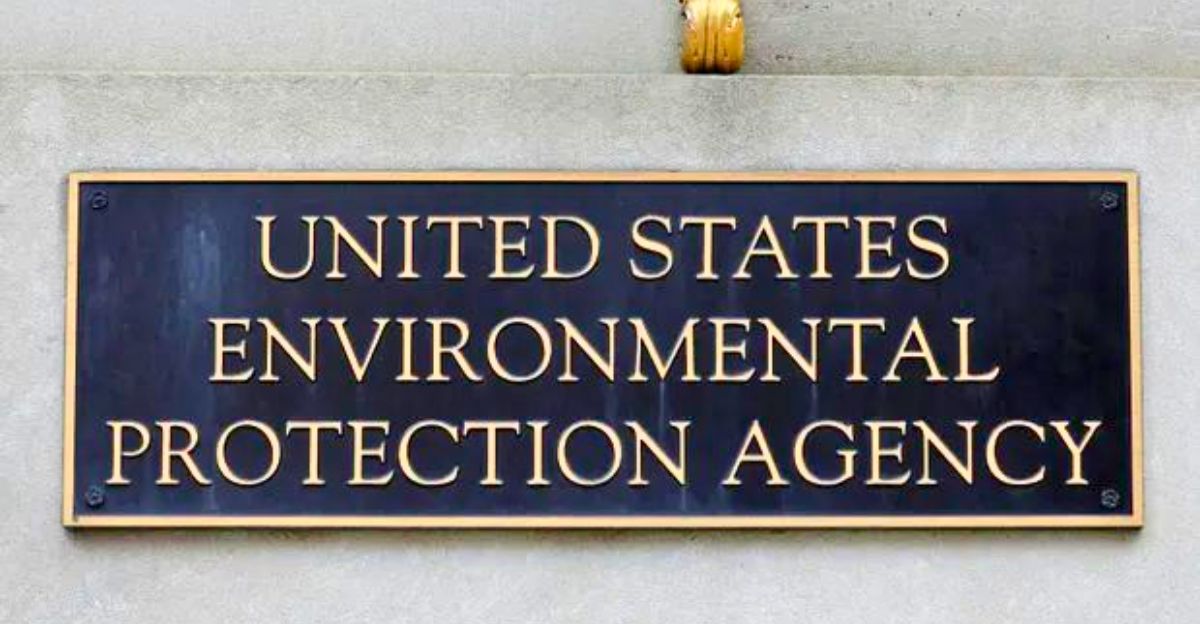
Observers warn this lawsuit has broad implications beyond local projects. If the EPA’s cuts stand, it could undercut U.S. credibility in international climate talks and slow global climate action. Some analysts caution that future green investments and trade in clean technology may waver if federal aid proves unreliable. At home, delaying pollution control and resilience projects now could translate into higher disaster relief and health costs later.
In effect, a single policy shift in Washington has started to cascade into national economic and environmental concerns that affect everyone.
Activists Sound the Alarm
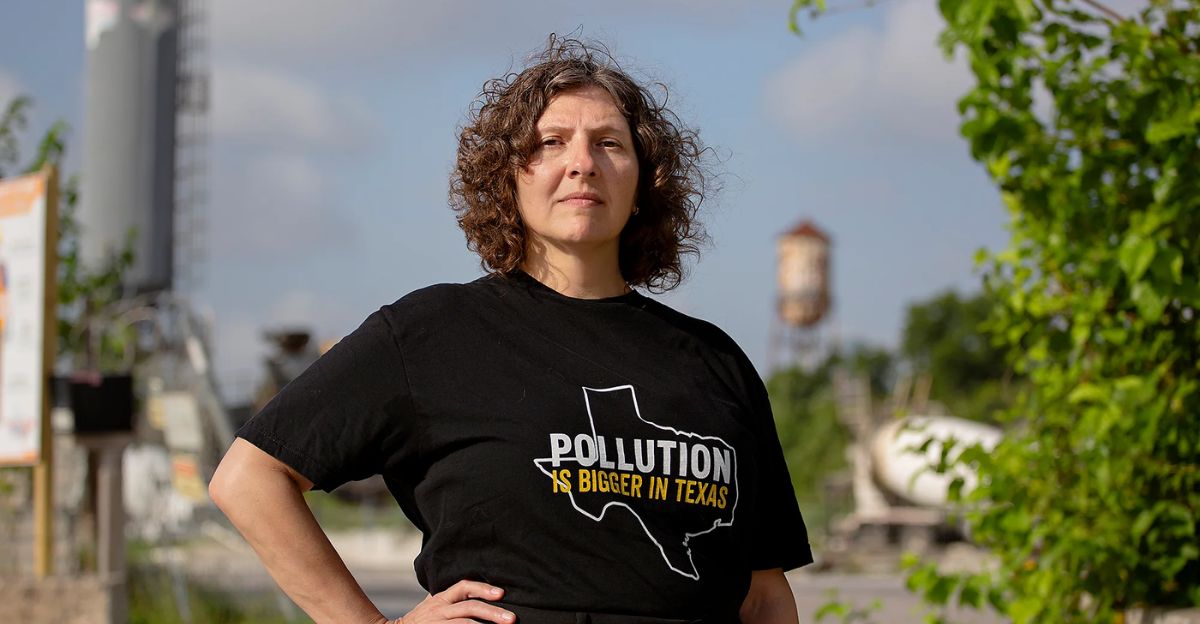
Air Alliance Houston’s director Jennifer Hadayia (pictured) is a lead plaintiff in the case. She says the lawsuit is “not just about restoring grant funding in a handful of places — it’s about restoring critical services” for polluted communities. Hadayia emphasizes that the grant recipients “live in these communities” and were selected because they face serious health threats.
Other advocates echo the alarm: lawyers for the plaintiffs call the funding rescission “a blatant, illegal attempt to sidestep federal law” targeting “the communities who need it most”. These voices underscore that losing the grants hurts the very people the programs were meant to protect.
Political and Policy Moves
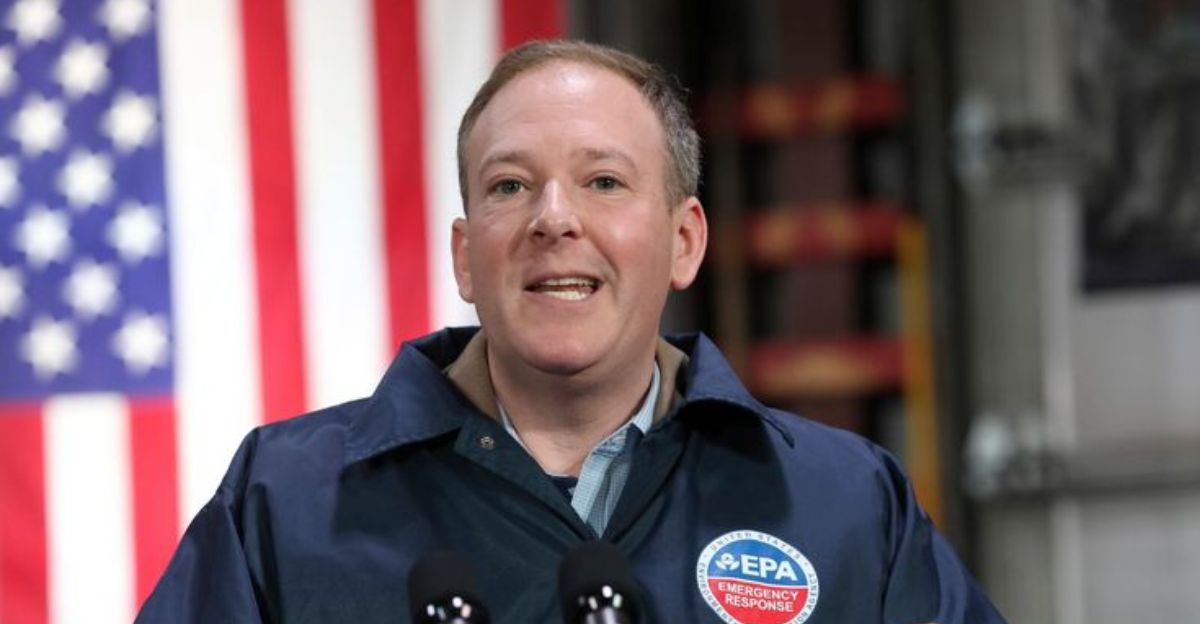
The lawsuit has already stirred debate in Washington. Environmental and justice advocates insist Congress should act: SELC attorney Kym Meyer says the EPA “unlawfully terminated the grant programs with callous disregard” for frontline communities. Several Democratic lawmakers from affected states have announced plans to hold hearings and even introduce legislation to restore the funding.
The EPA so far has declined to comment publicly on the lawsuit. Legal experts note the case could ultimately test how far an executive branch can undo Congress’s climate investments, raising fundamental questions about the separation of powers and budgeting.
What You Can Do Now
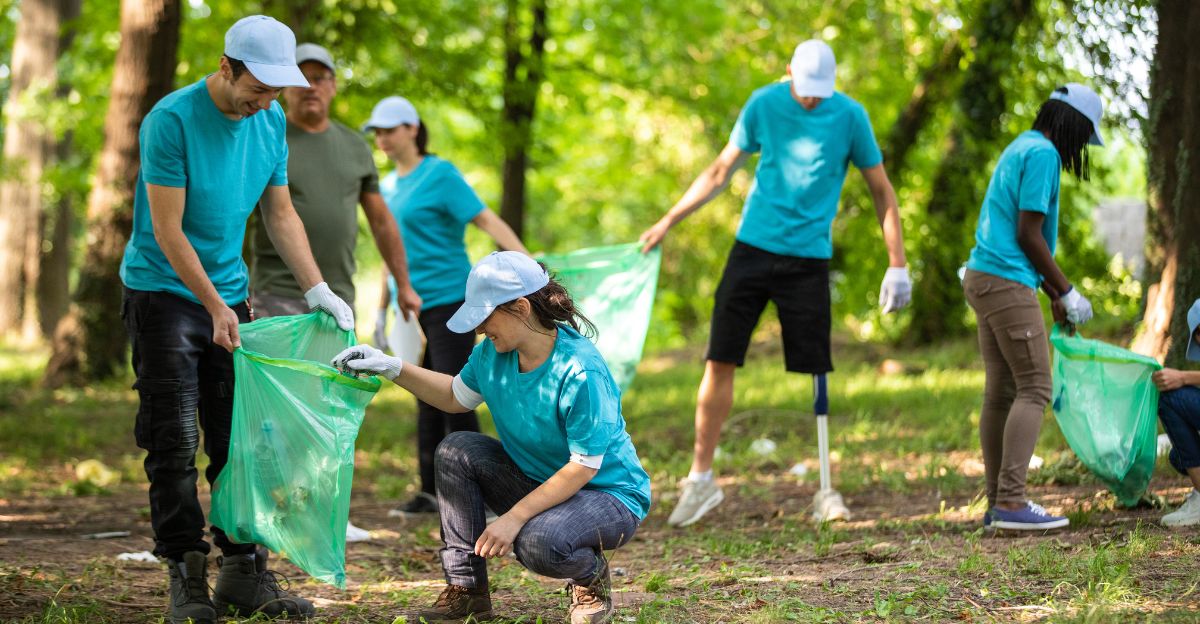
Citizens and community groups have options to respond. People can contact their elected representatives and urge them to defend or replace the lost funding. Supporting the plaintiffs is another approach: donating to or volunteering with affected environmental organizations (for example, Air Alliance Houston or Downwinders at Risk) helps sustain the campaign. On a personal level, reducing pollution and energy waste can also help offset the loss: actions like improving home energy efficiency, driving and flying less, or supporting local clean-energy programs make a difference.
Staying informed and engaged – at town halls or through advocacy networks – empowers communities to protect their own health and budgets in the months ahead.
What’s at Stake Going Forward
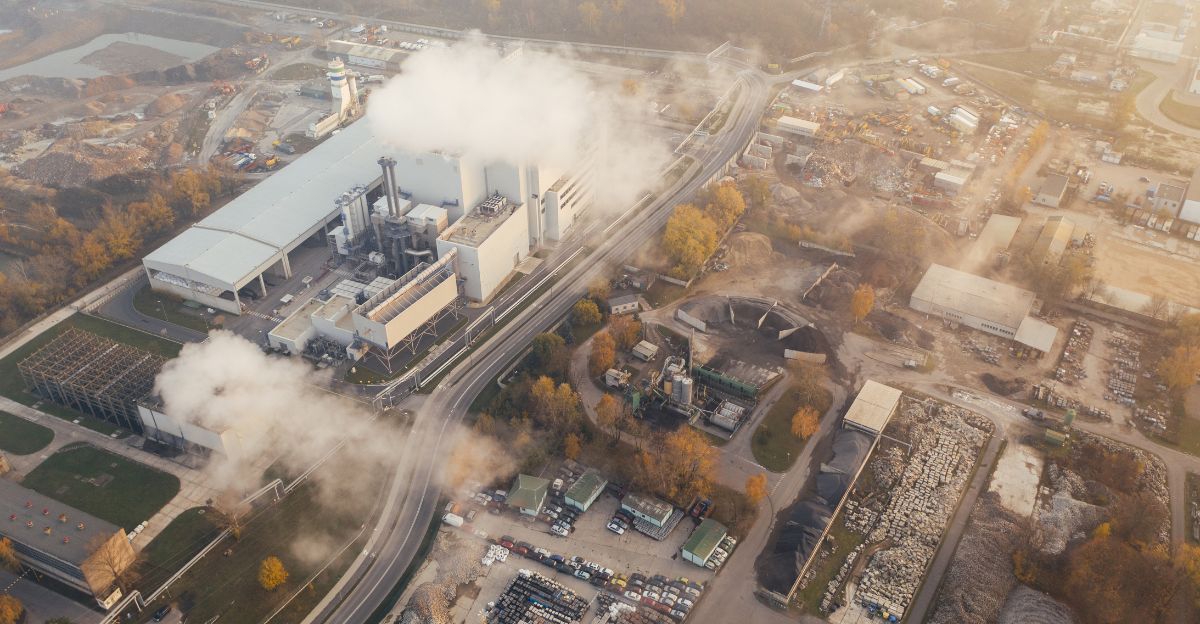
This case shows how a decision on Capitol Hill can echo in everyday life. As The Daily Climate notes, the EPA rollback “raises questions… about whether political shifts can erase legally binding contracts aimed at safeguarding health and the environment”. Downwinders at Risk director Caleb Roberts says his group “did this because we want to see a good, bipartisan, Congress-led plan… move forward again” to restore the funding.
In the end, many communities are bracing for the long haul: the outcome will affect not just a handful of projects, but air quality, public health and household budgets across the country for years to come.







